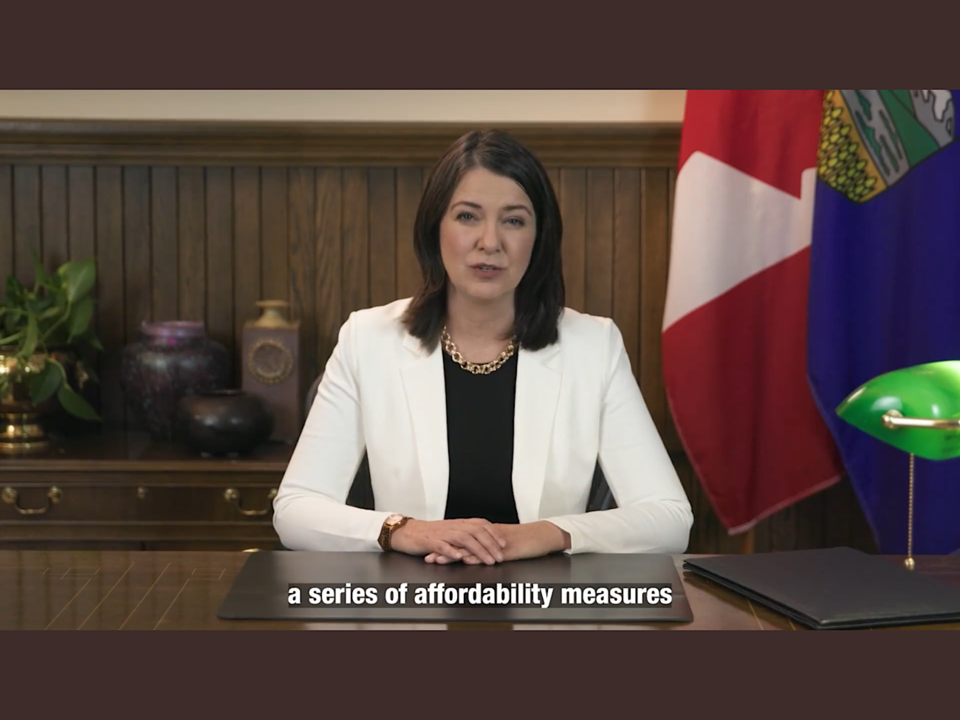The Alberta election is over and the United Conservative Party has been elected to a second straight term as government.
And while it would be a stretch to call the result a “miracle on the Prairies”, as Alberta Premier Danielle Smith suggested on election night once her victory was known, she did manage to snag an electoral victory when it appeared the Alberta New Democratic Party would topple the UCP and form government for the second time in three elections.
It was stunning to see the NDP campaign as frontrunners. After all, this is Alberta. Home of Peter Lougheed and Ralph Klein. The province where Carnduff’s Ernest Manning was the premier. The province that voted for a right-of-centre party for 80 years provincially and typically votes conservative in federal elections.
Now that Alberta’s primary right-wing parties have merged, it was supposed to make it much more difficult for the NDP to get elected in Alberta. Yet the NDP was favoured, and they still won 38 of 87 seats, 15 more than in 2019.
With the NDP favoured to dominate in Edmonton, and the UCP the party of choice in rural Alberta, it came down to who would win in Calgary. The conservatives picked up enough seats in Cowtown to win, which really shouldn’t be a surprise.
The election has obvious implications for Saskatchewan. Alberta is our neighbour to the west, and in recent years it has felt like they are our political kindred spirits. We share a lot of similarities in terms of our economic catalysts.
We both have an abundance of oil, we both have a strong agricultural base, we both have a strong work ethic and we both seemingly hate the carbon tax that’s been forced on us by the federal government.
Saskatchewan Premier Scott Moe will retain one of his allies in Smith when it comes to fighting the federal government. He undoubtedly finds it easier to work with Smith than NDP leader Rachel Notley, whose philosophies are more closely aligned with Prime Minister Justin Trudeau.
Smith says she wants to have a reset on her relationship with the federal government, but she has also said she would invoke the province’s Sovereignty Act over the federal government’s onerous emissions targets. You have to wonder if Smith can have a good relationship with the feds, and if she can, how long it will last.
Smith and Moe have both been saying a lot when it comes to having greater provincial autonomy. We’ve seen a number of measures pass in Saskatchewan in recent months that reflect a Saskatchewan government that is tired of federal meddling and perceived eastern bias.
Smith’s first few months as premier were far from easy, as she inherited the mess left over by former premier Jason Kenney, and had to deal with consequences from mistakes that she made before and during her term as premier.
Alberta has had a real leadership vacuum for some time. Since Klein’s reign as the 12th premier of the province came to an end in late 2006, there have been seven premiers, one of whom was an interim leader.
Kenney and the late Jim Prentice were supposed to be the leaders who would guide conservatives in Alberta through multiple elections. Prentice lost the 2015 election to the NDP. Kenney bungled his way through 3 1/2 years at the helm of the province.
Alberta is a province that is begging for stability in leadership. It says a lot about Smith and the bumpy road from her time as premier that the NDP was ahead in public opinion polls.
The jury remains out on whether Smith is the one to be the leader that Alberta conservatives have been waiting for. If she isn’t, then the UCP in Alberta likely won’t be able to snag another election victory from the jaws of defeat in 2027.



